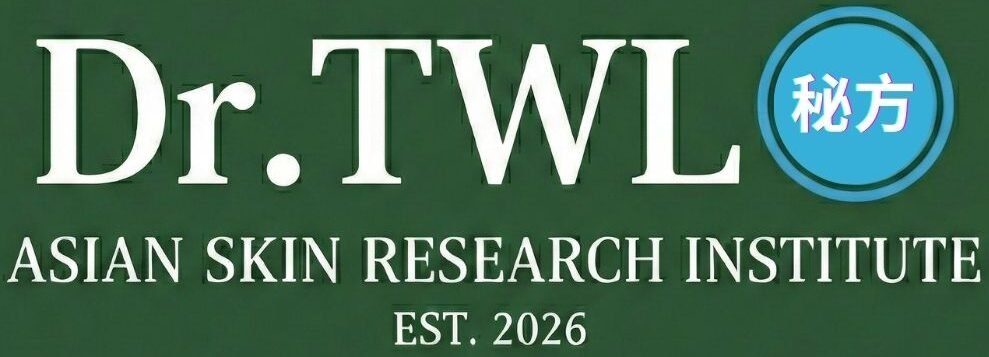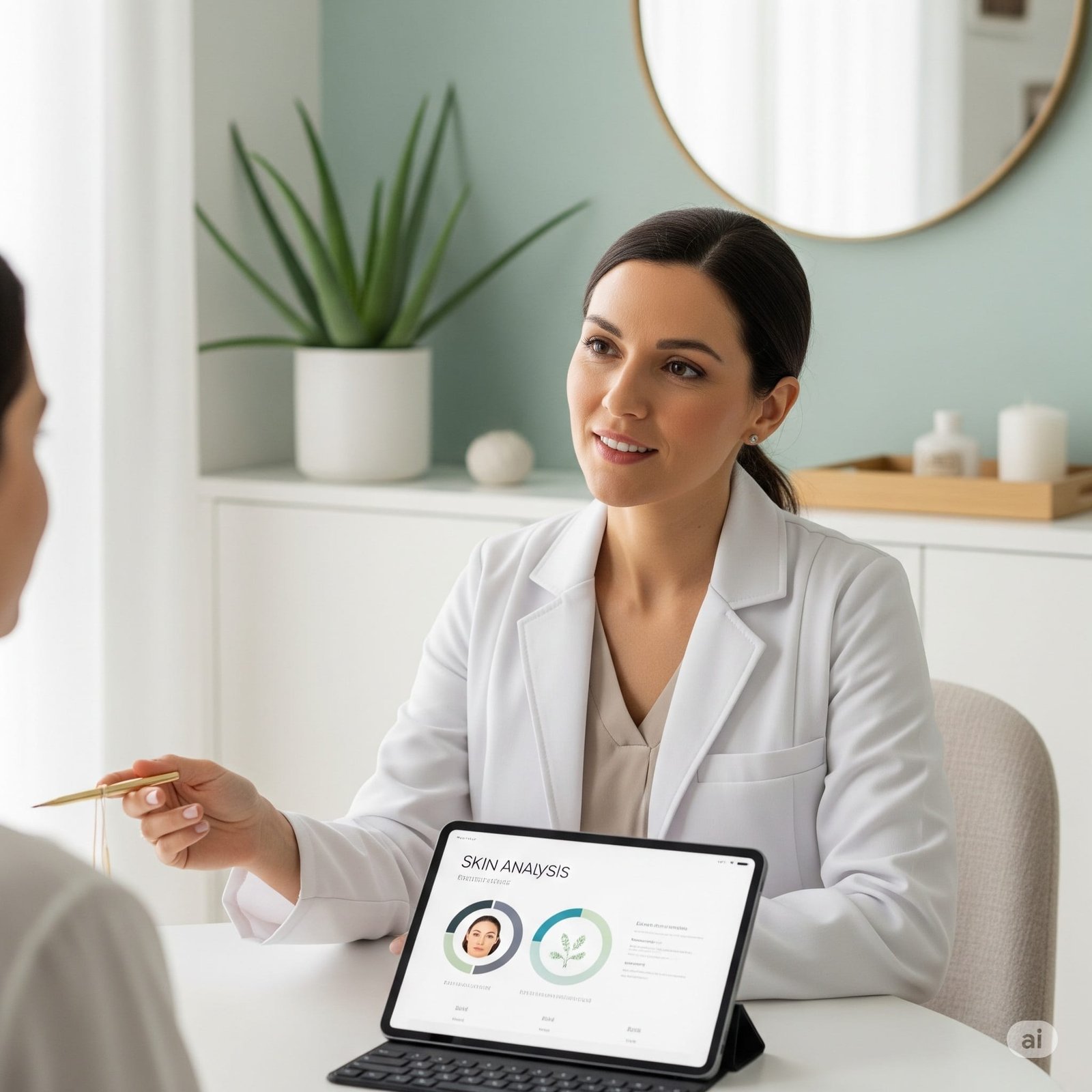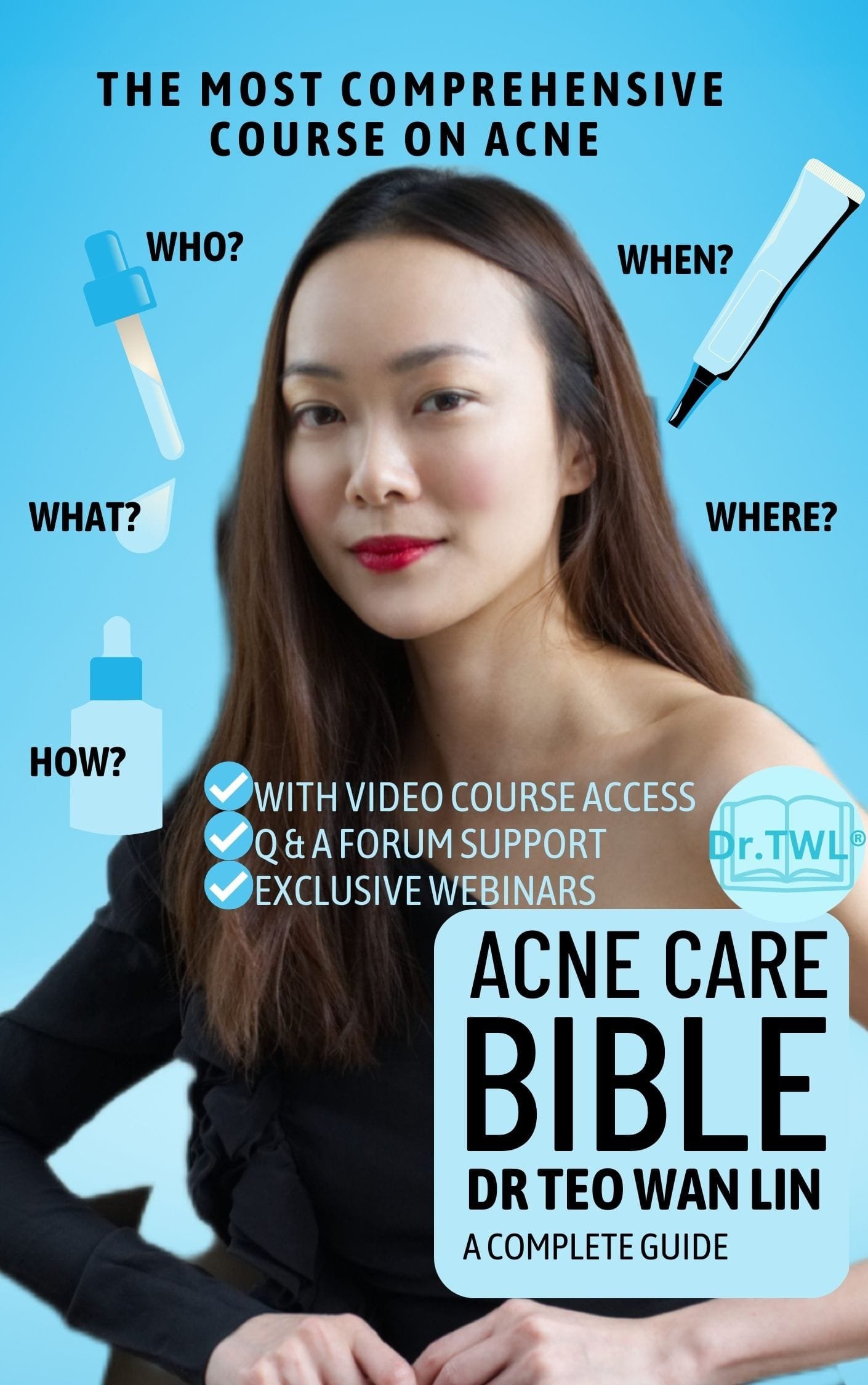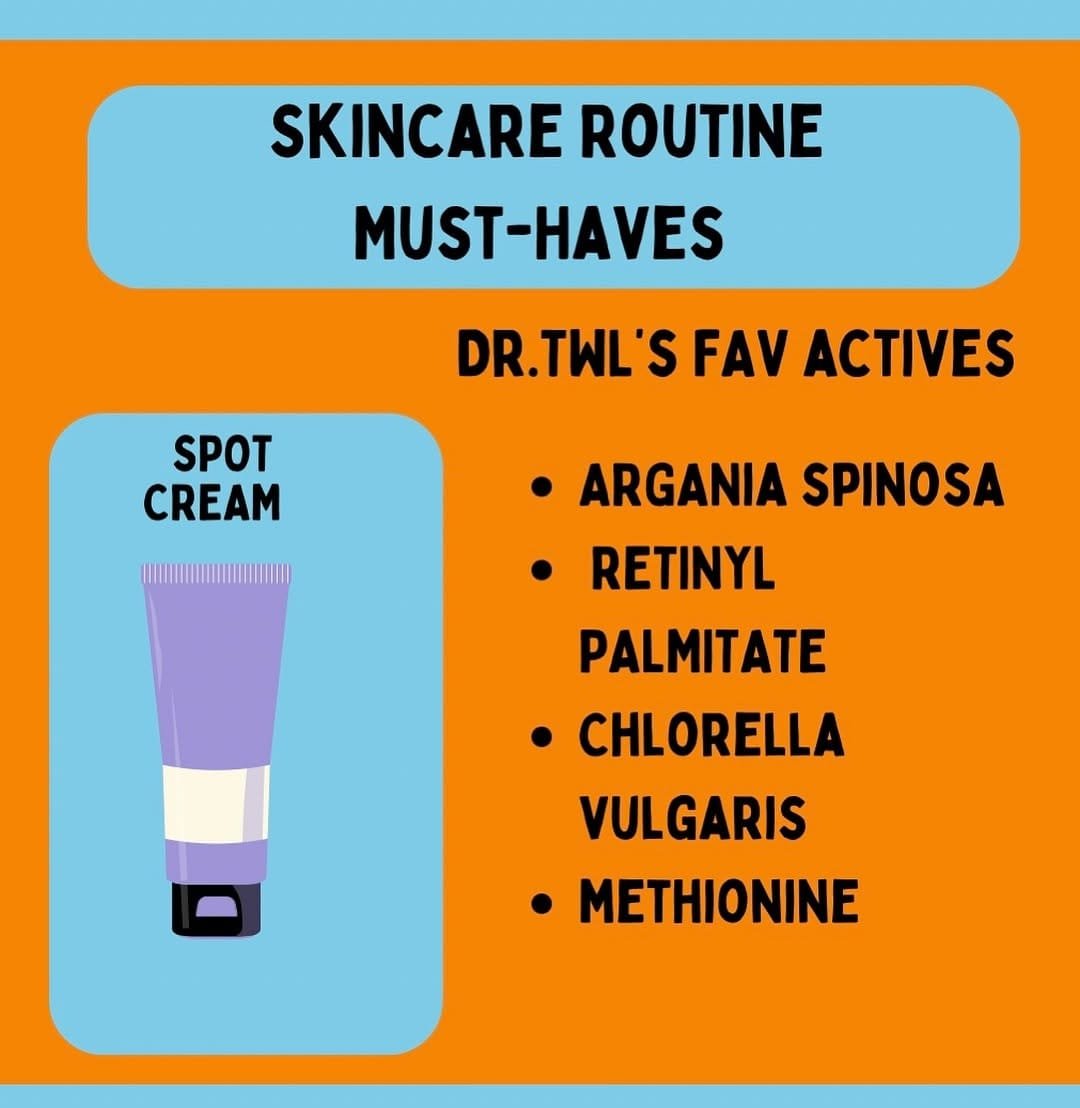In a world saturated with fleeting beauty trends and quick-fix solutions, a new paradigm of skincare is emerging – one that looks beyond the surface to cultivate lasting skin health from within. This is the realm of the holistic skin coach, a professional who blends the art of coaching with the science of dermatology to…
Category: Skincare Tips
Welcome back to “Skincare Deep Dive,” our brand new series on the acne podcast where we explore the science and soul of skincare. Today, we’re diving into a topic that affects millions: acne. But we’re not just talking about the usual creams and cleansers. We’re asking a bigger question: Is the future of acne treatment…
Acne is a widespread skin condition that affects individuals across various age groups, particularly teenagers and young adults. It is characterized by the presence of pimples, blackheads, whiteheads, and cysts, often occurring on the face, back, and shoulders. Acne develops when hair follicles become clogged with excess oil, dead skin cells, and bacteria, leading to…
Acne Masterclass with Dermatologist Dr. Teo Wan Lin @drteowanlin A Dermatologist & Her Jack Russell #acnetreatment #learningtodog #learningisfun #yawning #acnesolution #acnetreatment #dermatologist #dermatologistontiktok ♬ Quirky – Oleg Kirilkov Dermatologist Pro Tip: I have pimples around the mouth, is this perioral dermatitis or hormonal acne? Not all “hormonal acne” around the mouth area is acne! Non-dermatologists…
We are excited to introduce a brand new skincare educational series under our clinic, with our dermatologist on TikTok and Instagram, designed to bring some entertainment to education! Join us for this special installment on acne causes, treatment and hacks with Dr. Teo Wan Lin and her jack russell Ash. Check out our latest episodes…





